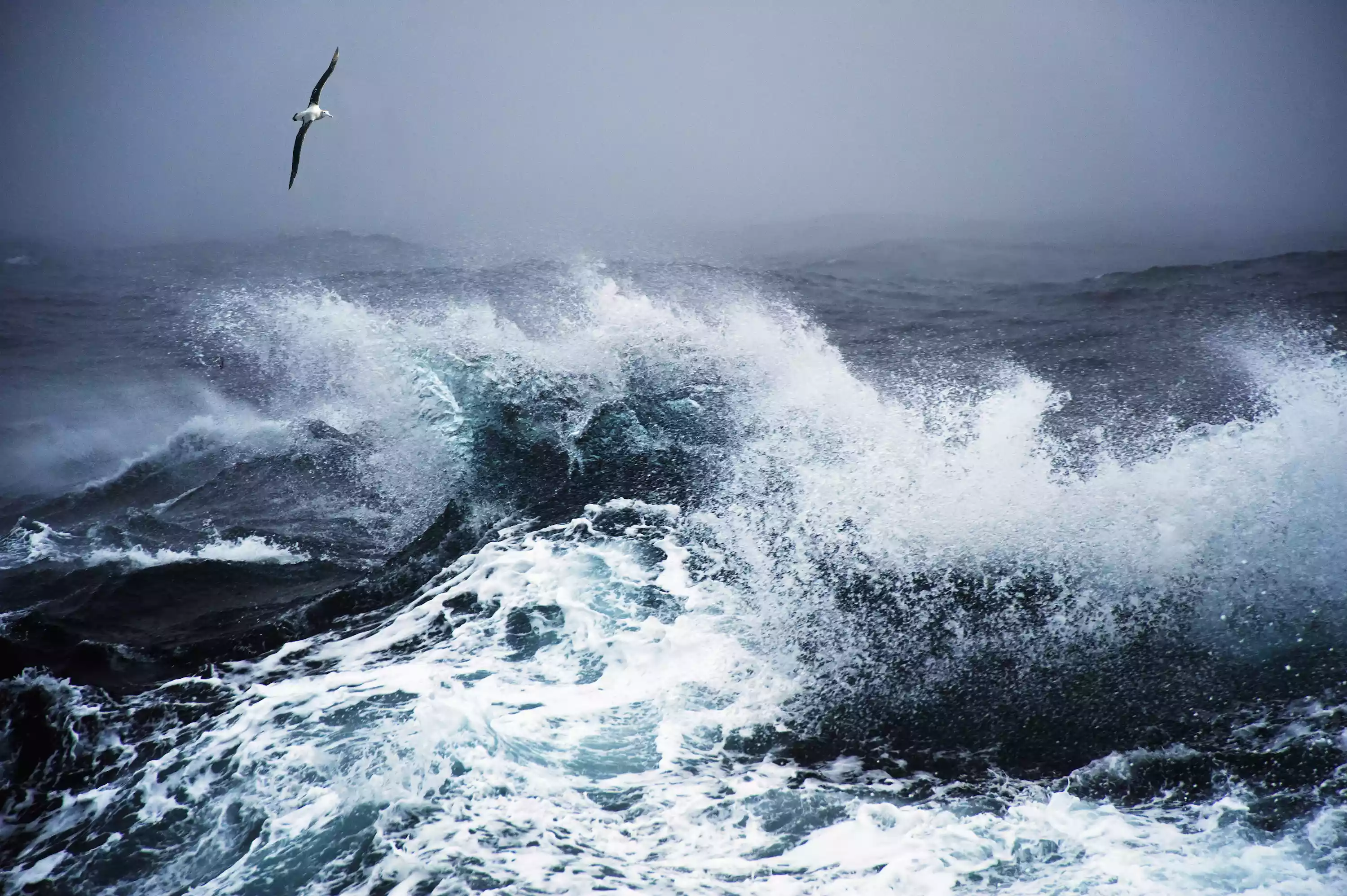Essays, Not Rants! 185: When Science Dreams
The Martian is an intelligent film. Or at least it expects its viewers to be smart. Within ten minutes the titular astronaut is stranded on Mars and the science fun begins. Unlike another recent movie with Kate Mara as a scientist, it doesn’t take long at all for the movie to get started and we get to watch Matt Damon pull a Robinson Crusoe on Mars.
It’s cool, and there’s a lot of science happening that’s remarkably coherent for the most part. What’s funny though, is that less than a week before this movie came out, scientists found signs of actual water on Mars. Which, if it actually works out, will already render The Martian mildly scientifically out-of-date. Like the mention of the missing data-tapes in Star Wars, time marches on.
But a lot of it is extensions of what we know now or what we’re expected to do. The habitat on Mars makes a lot of sense, as does the Hermes ship. It’s science we have, are planning on, or are talking about. And science we want.
It’s very much old-fashioned science fiction, in the sense of dreaming big about what could be. Heck, it’s where the genre started. Questions like “What if we had rockets that could do stuff?” or, more classically, “What if we could go to the center of the earth?” Stories were built around these ideas and then, bam, genre.
Look, I really like science fiction. And it does bug me that a lot of older science fiction is more about the tech than the people, but there’s a sense of wonderment. There are these cool ideas about science and how it will make things different, how radar might actually be a thing, or how communication could be made so easy. Science fiction, of the Asimov and old pulp-fiction variety, is very much about what could be.
Which can be oddly prescient. Star Trek communicators are everywhere, only we call them cell phones and they do so much more than Roddenberry and crew could have imagined. Teleporters and warp drives may not be real, but 3D printers are more than a little like replicators. It’s the sort of thing that would have seemed ridiculous not too long ago (printing physical objects, what?), but now it’s possible. At home.
Not to say science fiction always gets it right. Orson Scott Card had blogging in his vision of the future in Ender’s Game. He may have beaten reality (and a lot of fiction) to the concept of Web 2.0, but, as xkcd points out, reality isn’t quite the same as fiction. Though it would only take a rewrite or two to make the Locke and Demosthenes plot work.
Science fiction does a lot: it can work as a great metaphor, it can create a capacity for new events, and it can dream up cool ideas. The latter is something that’s more or less exclusive to science fiction — nothing else consistently invents for its stories.
So I want science fiction to dream bigger, to come up with newer, weirder, more out there ideas. Because now that we’ve seen pictures of Charon and can more or less confirm that it is not a Mass Effect Relay encased in ice, we’ve gotta think of some new way to explore space.
Or at least get to Mars already.



3 Comments
Recommended Comments